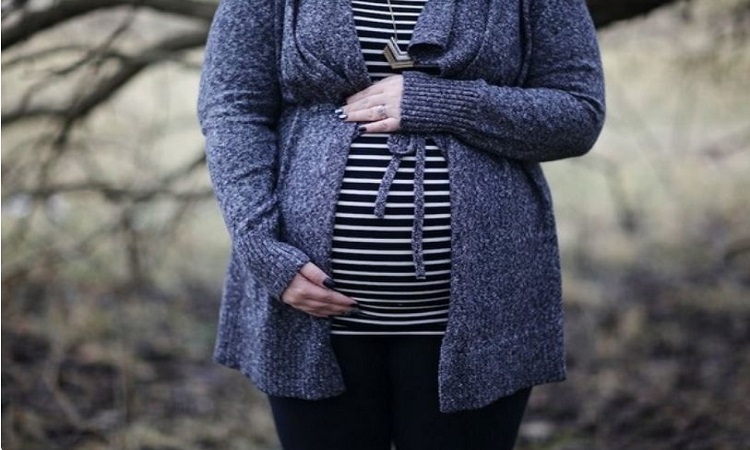
Texas: Women are more vulnerable to severe respiratory infections caused by a variety of viruses during pregnancy, including influenza A virus (IAV), respiratory syncytial virus (RSV), and severe acute respiratory syndrome coronavirus (SARS-CoV-2). Furthermore, influenza affects pregnant women disproportionately, resulting in a more than 10-fold increase in hospitalisation risk.
A new study conducted by Dr. Natalie Johnson, an associate professor in the Department of Environmental and Occupational Health at Texas A&M University School of Public Health, found that exposure to ultrafine particles (UFPs) during pregnancy increases the risk of respiratory virus infection. The study's findings were recently published in Particle and Fibre Toxicology.
"We know that air pollution affects the pulmonary immune system, making individuals more susceptible to viral infections," Johnson added. "We also know that pregnant women are already at an increased risk of severe flu." Surprisingly, no research have investigated the combined impacts of pregnancy, air pollution, and influenza. Our findings highlight the importance of further investigating these interactions in order to minimise short-term and maybe long-term effects on maternal health."
In the study, Johnson and her co-authors point out that there are several physiological characteristics that explain maternal susceptibility to viral infection. Among those are increased cardiac output and decreased tidal volume -- the amount of air that moves in or out of the lungs with each respiratory cycle -- as well as immunological changes such as selective modulation of immune cell subsets to protect the developing fetus.
The research team also highlights that vaccination compliance during pregnancy is generally below 50 per cent, despite vaccination against influenza being safe and effective, leading to an increased risk of developing respiratory infection.
As a result, air pollution, which is a worldwide environmental health issue, is responsible for one in nine deaths with an annual premature mortality of more than 7 million. A mixture of gases and tiny airborne particulate matter, which is categorized as UFPs, are critical to recognize and identify, especially to protect vulnerable populations. The research team says these findings support future clinical and regulatory interventions for protecting pregnant women and controlling UFPs. According to the researchers, it is imperative that pregnant women in urban cities, where influenza and UFPs are more prevalent, are provided vaccinations and preventive measures limiting UFP exposure to protect maternal health.
"Air pollution is a pervasive environmental health issue," Johnson said. "Strategies to protect the most vulnerable, like pregnant women, are of high priority to decrease adverse health effects." (ANI)







